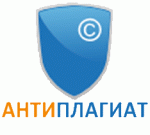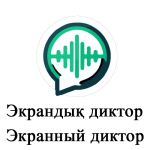6В04101 Economy
The educational program "Economy" is a traditional program of the Karaganda economic University, having produced a considerable number of qualified specialists of the Karaganda region and the Republic, the program continues to develop and update dynamically.
The purpose of the educational program "Economics" is to train highly qualified economists-analysts for companies in the financial, real, public sector, business, with the skills of management.
After completing the education program "Economics" You can:
- To create enterprises and organize production processes in it.
- To design labor processes and workplaces, to develop modern forms of payment and stimulation of labor.
- To choose effective organizational and management structures of firms ' management
- To carry out business activities and participate in public procurement and tenders.
- To diagnose the production and economic potential of the enterprise.
- To make and analyze the budgets of firms.
- Manage risk.
- Analyze business operations.
A graduate of "Economics" is an economist – a kind of "economic doctor" who knows all the strengths and weaknesses of the organization and makes decisions on the correct elimination of priorities and objectives of the elimination of financial problems, losses, optimization of costs and expenses.
After the successful completion of the development of the educational program, graduates have the opportunity to continue their studies in the master's degree of the University, as well as in firms, companies of various forms of ownership and state bodies.






